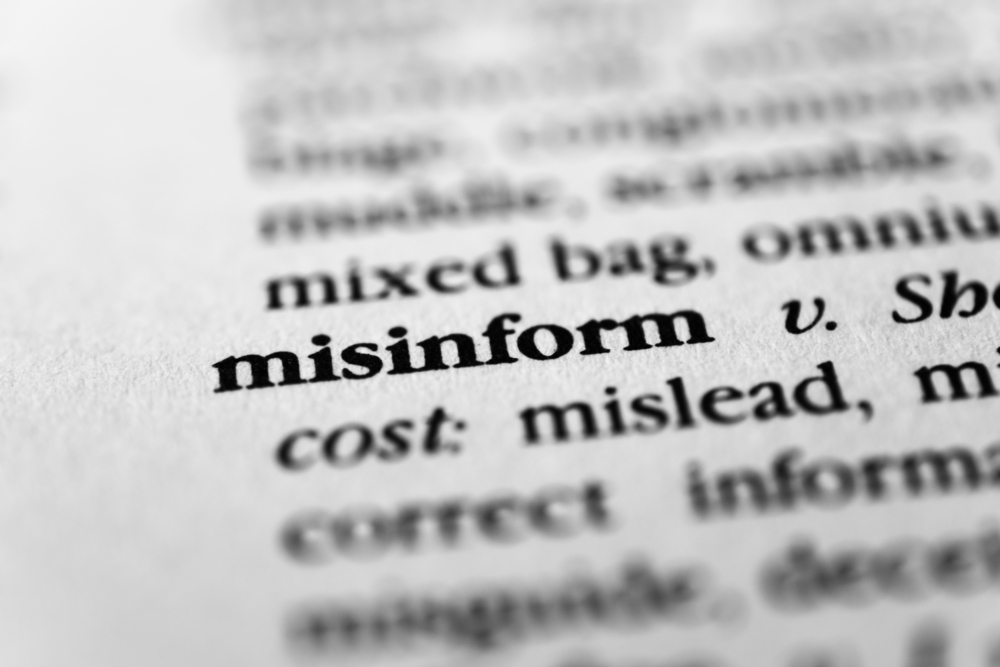One Fish… Two Fish… The Faulty Fascination with Fish Lists
A new article from Fox News claims to help consumers pick the “best and worst fish for your health” and it starts off on the right track before veering into outdated, trite maxims that are, in some cases, just simply inaccurate.
Any doctor or dietitian worth their salt will tell anyone who follows the typical American diet they need to eat more fish, period. The fact is, according to a USDA analysis, 90% of Americans don’t eat enough seafood, creating a public health impact that the Washington Post called “scary,” before noting that letting the mere presence of things like mercury “steer you away from fish is a mistake, because the upsides of eating it far outweigh any potential risks.” Avoiding seafood leads to nearly 84,000 preventable deaths a year.
So, wouldn’t you know it, reporter Perri Ormont Blumberg dives headlong into the ancient art of needless mercury fearmongering when he calls tuna “controversial.” For starters, it’s not. It’s healthy. Eat it. That should be the end of the discussion, but his recycled hyperbole does need to be addressed. His article leans on an EPA calculous that does not take into account any of the benefits of tuna in claiming an average woman “can eat almost two six-ounce cans of light tuna a week.” Ummmm… right… so… that’s wrong. The FDA’s Net Effects report studied this very question with the benefits of seafood in mind and determined women could eat 164 ounces, that’s about 33 cans, of light tuna every week without risk. 33 cans… that’s a lot of cans. Do you know anyone who eats 33 cans of tuna week?
Dr. Dariush Mozaffarian, formerly a professor at Harvard Medical School and the Harvard School of Public Health (now at Tuffs), when talking about mercury in seafood, told Time Magazine “I know I sound like I’m trying to downplay the risk but I really think we are experimenting with people’s lives when we give recommendations or write stories or reports that make people eat less fish.”
Meanwhile the article takes aim at Tilapia, putting it in the “worst” category. Before you take this thinly supported proclamation as gospel, may I suggest this Public Library of Science’s DNA Science Blog that features a PhD’s profile of Tilapia. Pushing back against writers whose tilapia reports are so often “panic pieces” she ultimately concludes, “I love tilapia, because it’s?nutritious?and has turned around my childhood fish aversion.”
A line-by-line refutation of this write up is not necessary to illustrate the impact reports like this can have. Seafood is safe and healthy, and Americans don’t eat nearly enough of it. That’s the conclusion reached by legions of experts.


